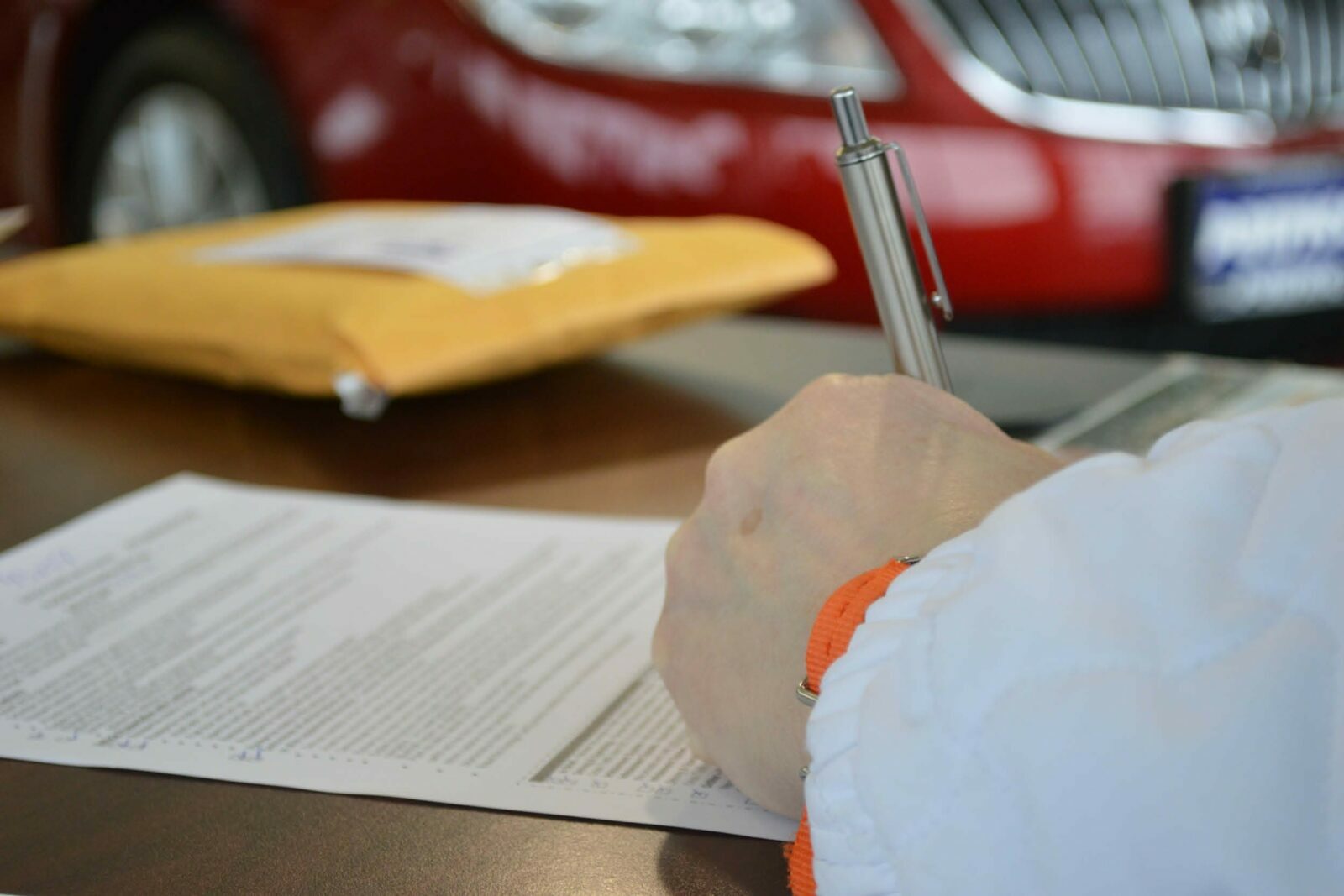Other than a house, a car is most people’s biggest expense and is often too expensive to pay for in cash. However, waiting to save up (especially for a new and reliable car) isn’t always viable if you need the car to get to work. Finance companies and car dealers offer a host of ways to borrow money, borrow a vehicle or both, but they can bring an overwhelming choice.
The simplest option is an unsecured personal loan. This is where you borrow the money and repay it over a fixed period. Because the loan is unsecured, the lender can’t seize the car if you fail to make the payments. Another benefit is that you don’t have to say what the loan is for, so there’s no administration with the lender checking the details of the car.
The big downside is that this means the lender will usually charge much higher interest rates because they are taking on a greater risk. In many cases this can make using a personal loan to buy a car offputtingly expensive. (In theory you could also use an overdraft or credit card to buy a car, but even if your credit limit was high enough, this would usually be extremely expensive in the long run and not usually viable.)
Instead, many people use specialist car financing. Though you have several different options, they all largely involve the car itself being security for the loan. That means if you don’t make the repayments, the lender can take possession of the car to partly or fully settle the loan. The main differences between the options are who lends the money and how they assess the value of the car. That’s particularly important because the value of a car can drop significantly over time, particularly for a new vehicle.
One model is called hire purchase and means you pay a deposit up front (often 10 per cent) and then borrow the rest of the money to repay over a fixed period, including interest charges. The big difference between this and an ordinary secured loan is that you don’t own the car until you’ve completed the repayment period and paid an administration fee at the end.
Instead, the lender – who is usually the car dealer – retains ownership during the repayment period. This means they can simply take possession if you don’t repay on time. Hire purchase may be more suitable if you’ve got a good credit history (so can get reasonable interest rates) and definitely want to keep the car for many years.
Another model, called personal contract purchase, works similarly to hire purchase but with more options. Again, the car remains the property of the lender during the repayment period, but the monthly payments are usually lower. At the end of the repayment period you have three options. One is to return the car back: you don’t get any money back, but you don’t owe anything else, so in effect you’ve been renting it.
Another option is to make a final payment to purchase the car outright. This takes into account the money you’ve already paid, the interest costs, and the current value of the car. This final payment is sometimes called a balloon payment. The third option is to pay the balloon payment but immediately return the vehicle and use its current value as a deposit to take out a personal contract purchase on a new car. Personal contract purchase may be more suitable if you want to keep costs low while keeping your long-term options open.
Finally, a model called personal contract hire means you never actually own the car at all. Instead, you sign up to lease the car for a set period in return for a monthly fee, giving the car back at the end. The fee will vary depending on both the value of the car and an annual mileage limit that you agree to follow. In some cases you can have costs such as maintenance, repairs and vehicle excise duty (‘road tax’) built in to the monthly fee. Personal contract hire may make most sense if you want to keep costs under control and view the monthly fee as ‘the cost of driving’ rather than a way to own a car.







